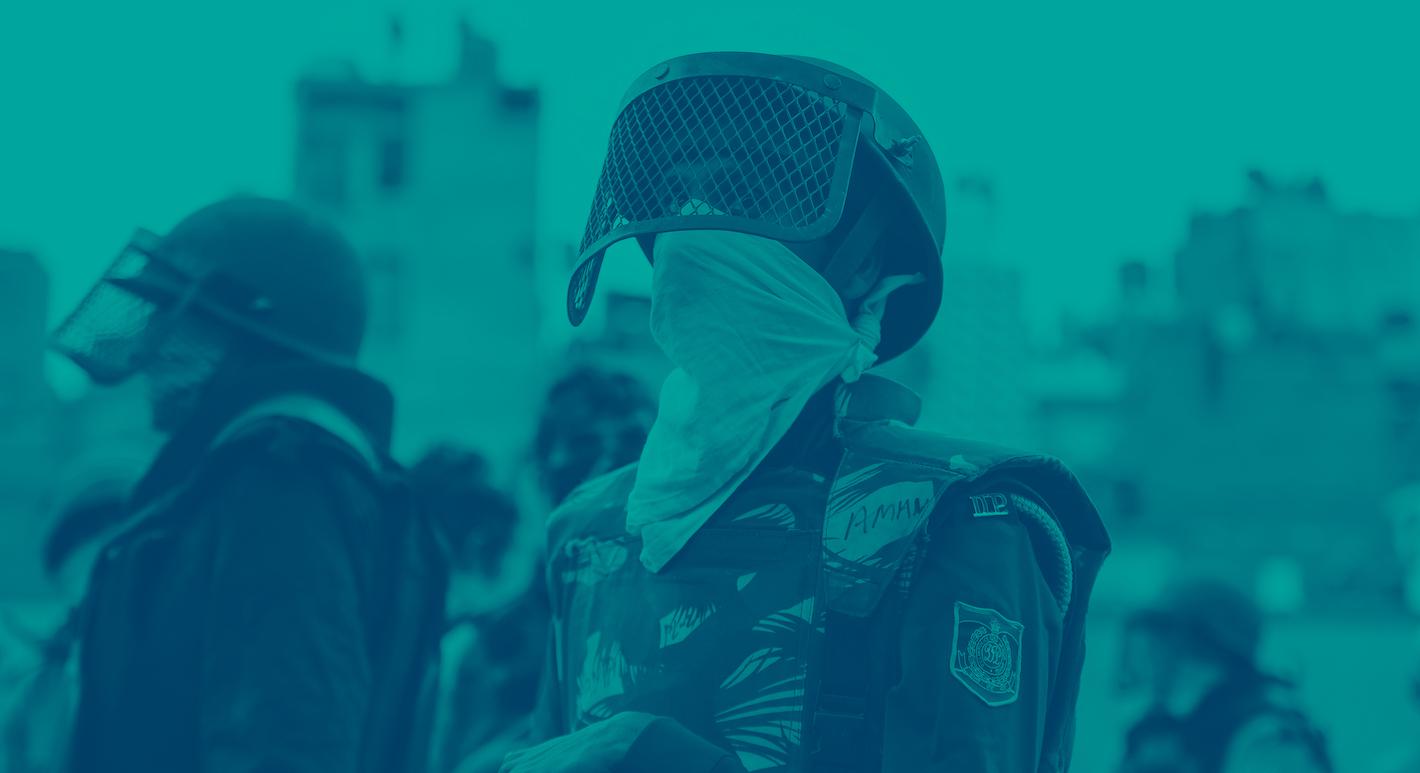Registration
You will receive an email confirming your registration.
Policing: Past, Present, and Future: Carnegie India and Tata Trusts presents a series of webinars that feature crucial stakeholders, experts, and policymakers, as they examine the Indian police establishment and its role in society and the criminal justice system.
Technology is essential in shaping policing, where its use is often seen as fundamental to the achievement of successes and promoting efficiency. It is necessary for security-related functions such as surveillance and tracking, and is a crucial aid to the police in its investigative role, such as in forensics. The adoption of emerging technological tools can also have far-reaching consequences on police behaviour; in the control exercised over the public, civil liberties and police accountability. As the police’s role evolves beyond maintaining law and order; particularly during a global health crisis, how should the justice system, policymakers, and civil society navigate the tension between public safety and privacy? What safeguards, both legal and institutional, are needed to ensure that the use of technology is deployed in an efficient and ethical manner? This webinar seeks to explore the kinds of technology available to the police, its integration into the system — and how they can be used to safeguard the public, without infringing on rights and freedoms.
Join us for our second webinar under the Policing: Past, Present and Future series, in which Nandkumar Saravade, Vidushi Marda, and Divij Joshi, will discuss the ways in which technology can enhance both police capability and structural responsibility in India. The discussion will be moderated by Tarunima Prabhakar. Watch the first webinar on 'Policing a Pandemic,' here.
This webinar series seeks to build on the traction garnered by Tata Trusts' India Justice Report, a first of its kind comparative study of the capacity of the justice system across states. Read the full report here.
To submit a question for the event, please email carnegieindia@ceip.org. Participants may also submit their questions through the Q&A box in the Zoom webinar or the comments section on our YouTube livestream.
